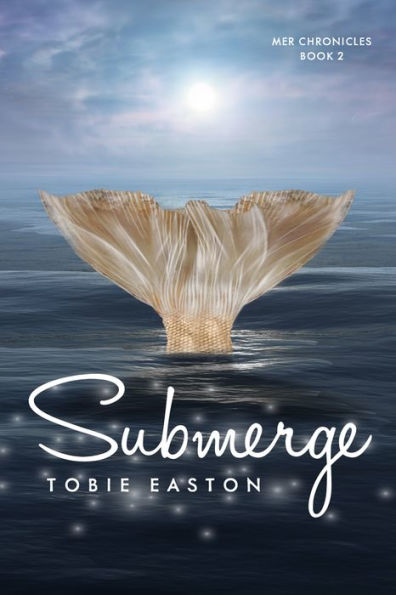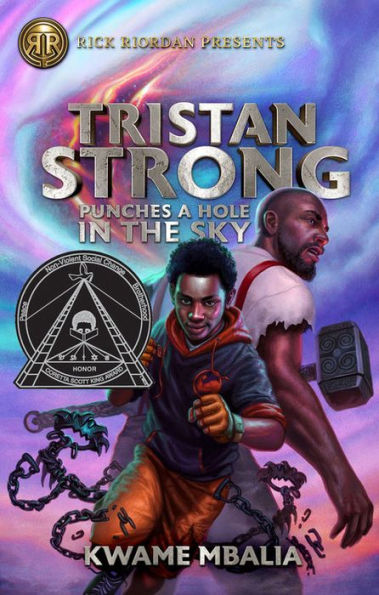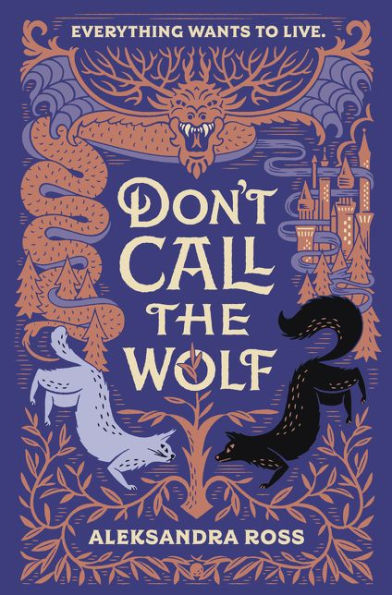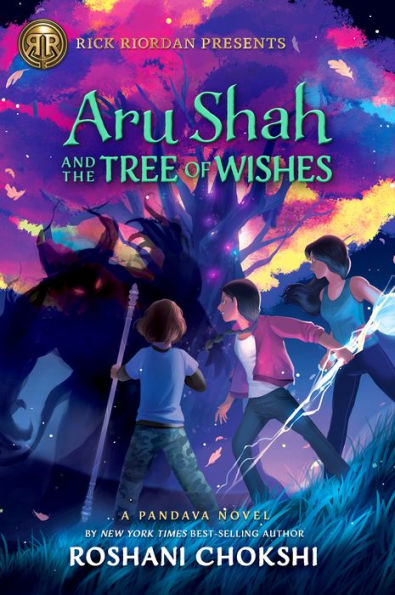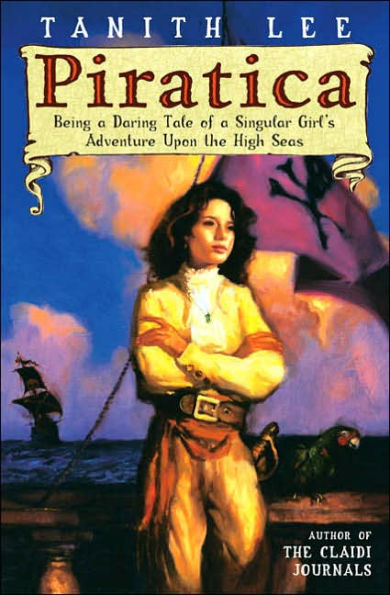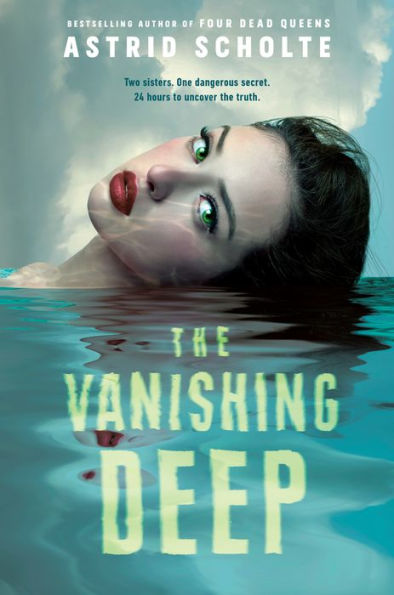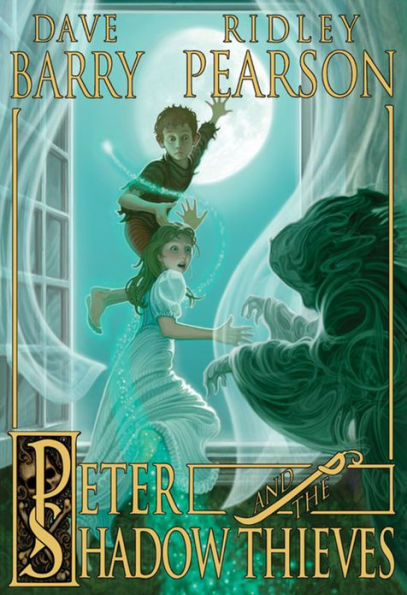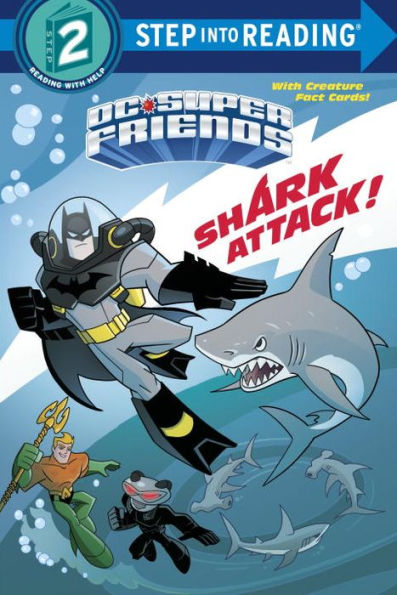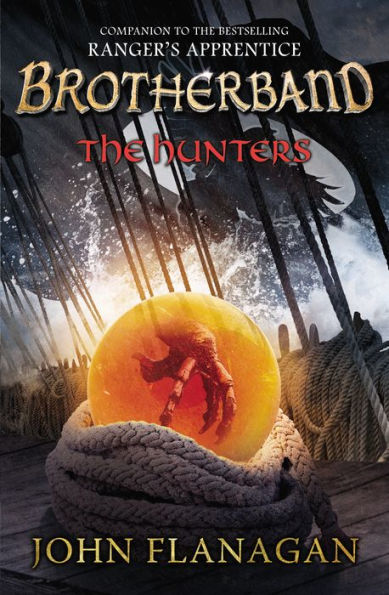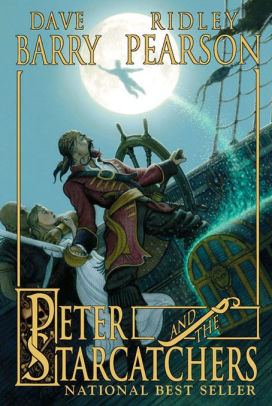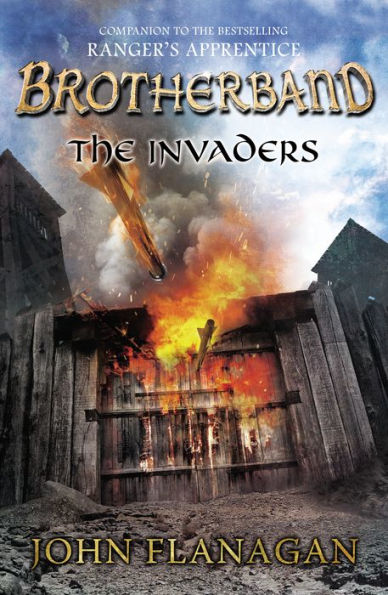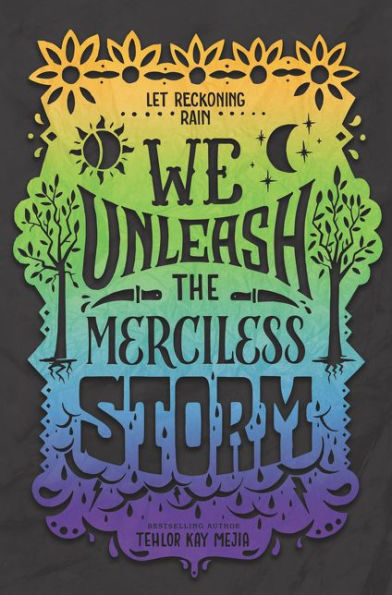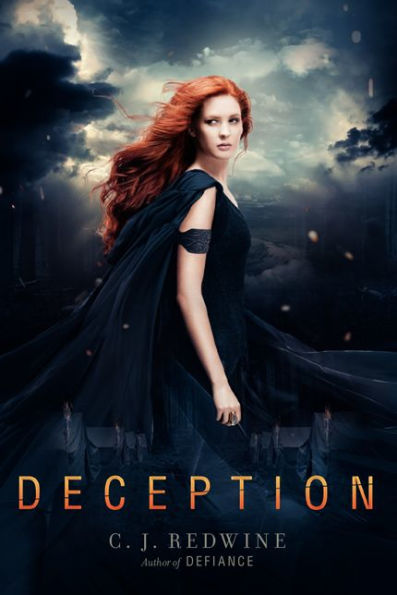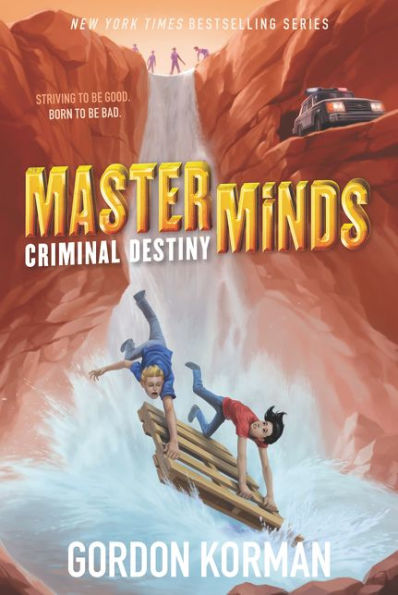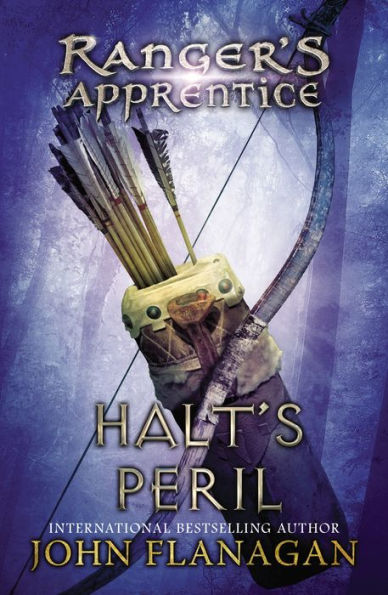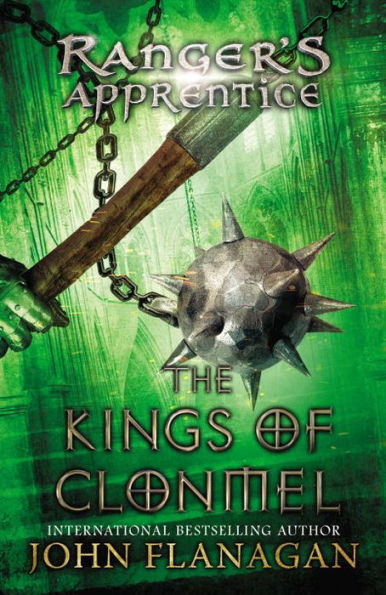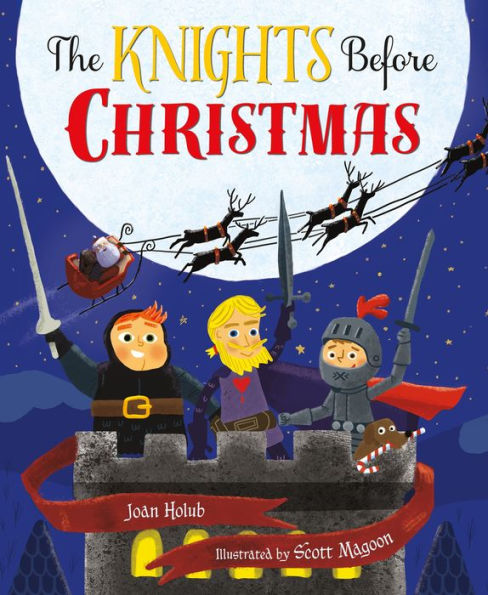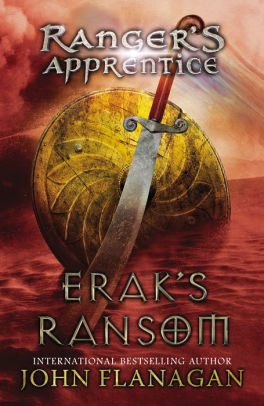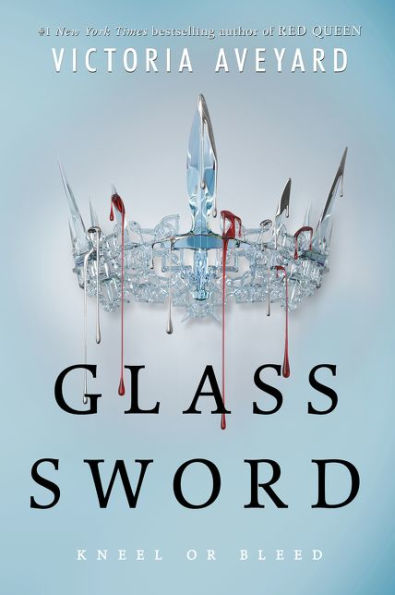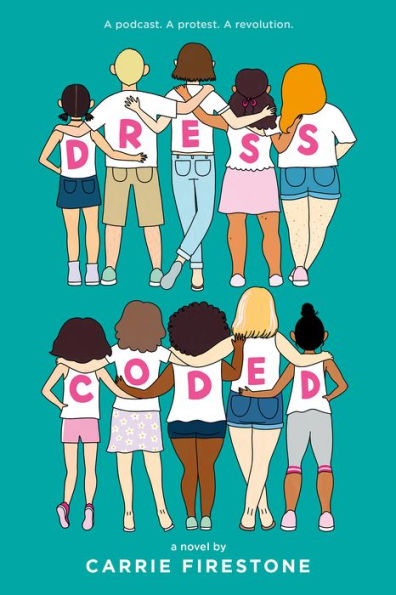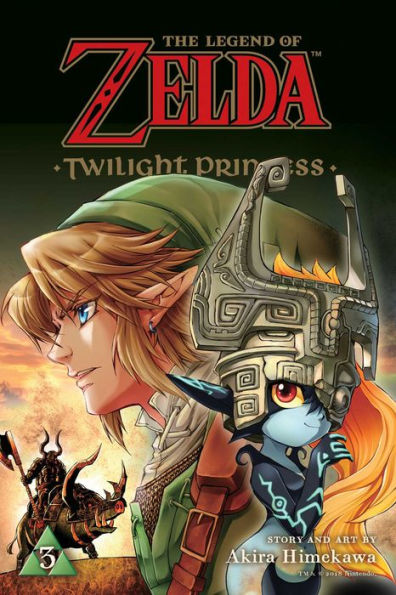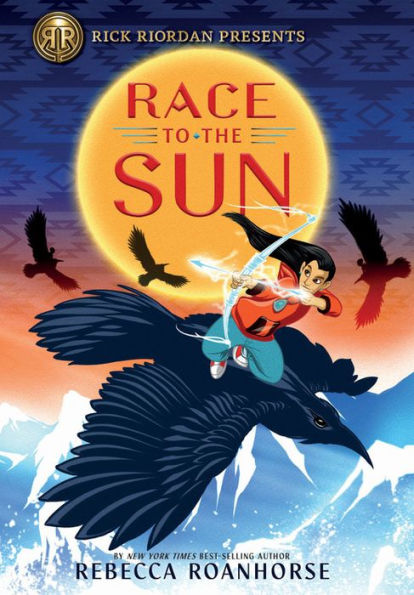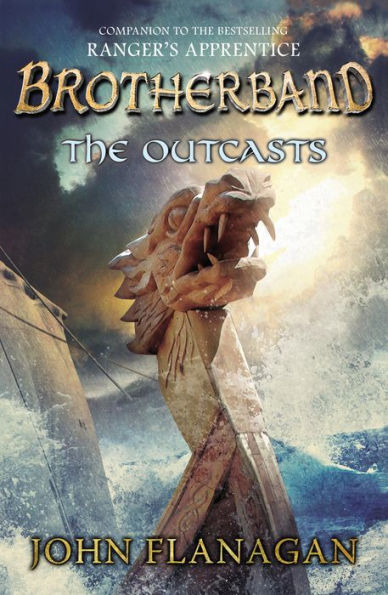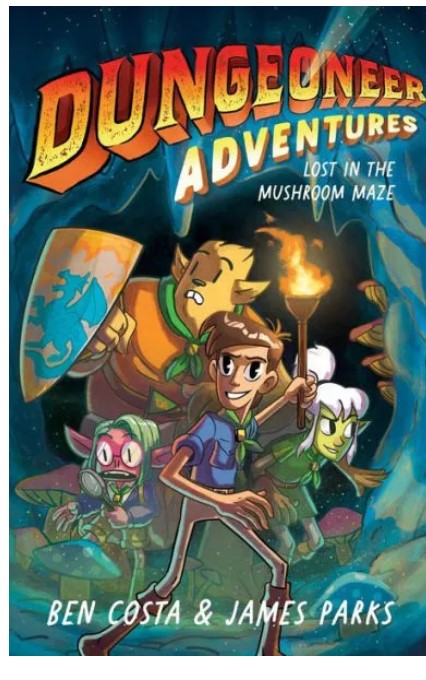Lia and Clay’s love has broken the Little Mermaid’s curse, but their ever after may not be as happy as they planned. Lia is adamant about staying on land with Clay for her senior year despite her family’s opportunity to move to the new, sparkling capital city below the waves. But before any decision about the future can be made, her family must endure Melusine and her father’s trial, where new revelations will have far-reaching consequences that threaten what Lia holds most dear.
The verdict will shake Lia’s world, calling into question her future with Clay, her feelings for Caspian, and the fate of all Merkind. As she wonders who to trust, Lia sets out on a treacherous path that will lead her away from her sheltered Malibu home to a remote and mysterious school for Mermaids—Mermaids who may hold the secret to an ancient magic Lia can use to get back all she’s lost.
As a “princess,” Lia must learn about Mer politics. However, much of Lia’s teaching is dry and boring. In class, Lia learns about “magic having unintended political consequences.” Even though the story introduces the Mer world, Lia explores very little of it. Instead, her only focus is on restoring Clay’s memory so they can be together. Lia is so focused on herself that she never notices anyone else’s needs. Unfortunately, Lia’s single-minded focus on Clay becomes tedious.
The first part of Submerge is a retelling of the events from the first book in the series. The repetition is long-winded and readers will quickly lose interest in the court proceedings. In addition, a Mer teacher, Ondine, is introduced. Instead of adding interest to the story, Lia’s trust in Ondine is unbelievable, and Ondine’s betrayal, predictable. To make matters worse, Caspian is suddenly in love with Lia, which adds another unbelievable element to the story. The conclusion doesn’t wrap up any of the story’s threads and reinforces the idea that Lia cannot think past her own wants. Readers who love Disney’s Little Mermaid will want to throw the Mer Chronicles into the ocean and watch it sink to a watery grave.
Sexual Content
- Mers get their legs during puberty because they need legs “for mating.”
- Lia and her boyfriend kiss. Lia describes the kiss. “I let my eyes flutter shut. Let myself taste Clay’s lips against mine. Get lost in the richness of every touch, every press of his tongue and graze of his cheek.”
- When Lia shows Clay her tail, he kisses her. “Slow and sweet and swirling to different depths. I forget everything else.” The kiss is interrupted when Clay’s mother walks in on them.
- Clay and Lia kiss often. For example, while swimming in the ocean, “strong arms grab me and pull me against him, my wet body pressing against his. . . Droplets of water from his face collide with mine as he takes my mouth in a kiss as sweeping as the sea breeze itself.”
- Clay and Lia discuss the trial. Then they kiss. “Now he does pull me in, pressing my body flush against his and seizes my mouth violently with his. There’s a wildness, a fervor, in his kiss I’ve never felt before. . . So I push back with equal ferocity.”
- Clay is preparing to take a potion that will take away some of his memories when Lia and Clay decide to have sex for the first time. “Clay’s eyes close as he bites the bottom of my lip. When he opens them again, desire darkens the hazel. I’ve never seen such naked hunger.” Clay stops kissing her so they can go somewhere private.
- Before Clay takes the potion, Lea wants to give Clay a memory that he will not forget so they have sex for the first time. Clay’s “palms skim up and down my arms, leaving streaks of exhilarating tingles in their wake from shoulder to wrist. My fingers twine into his hair as our mouths latch together, more lasting and leading than ever before. . . He grabs what he needs from the nightstand (and there’s something that seems both so comforting and so momentous about that small, foil packet), and then he moves toward me. . .Time surges and crests, and we move with it, holding each other close. . .”
- After Clay loses his memory, Lia’s sister tells her, “A rebound hookup can be totally hot.”
- In the middle of the night, Lia and Clay show up at Clay’s father’s house, which is on a military base. His father gets upset and says, “I got you security clearance so you could feel at home here, not so you could . . . score with girls.”
- After Lia fights against ancient magic and wins, Lia and Clay kiss. “Clay’s lips are on mine the instant the door clicks shut. Hands run up my bare arms and tangle in my hair as biceps cloaked in thin cotton press against my eager palms. His tongue welcomes me, drawing me in until I’m utterly lost in his kisses, drowning in the sensations of soft lips and rough stubble. . . ”
Violence
- A Mermaid describes her mother’s death. When her mom went shopping, raiders “cut her throat. Left her to die.”
- Someone tells Lia a story about a siren who wanted revenge “so she used the siren bond she shared with him to sense when he was alone and to call him to her so she could murder him in cold blood after making him—”
- In order to manipulate Lia, Ondine binds Caspian. “The ropes tighten more and more until Caspian, so strong and stoic, can’t help but scream.”
Drugs and Alcohol
- Lia’s sisters are looking forward to college keg parties.
- A mermaid, who was a siren, is given a potion that will not allow her to speak in the human world.
- The Mer Tribunal gives Clay a potion that takes away all of his memories of Lia. “The potion works by constructing extremely powerful wands that completely block Clay’s mind from accessing certain memories.”
- Clay is given antidepressants because of his depression; however, he doesn’t know if he should take them.
Language
- Several different forms of damn are used occasionally.
- During a trial, Lia watches the defendant and wonders, “What the hell does he have to smile about?”
- When the Mermaid that tried to kill Clay and Lia testifies, Lia thinks, “That bitch starts talking. I don’t trust myself not to snap.”
- God is used as an exclamation twice.
- Pissed is used twice. For example, Lia thinks, “The last thing I want to do is piss off the psycho with raging powers . . .”
- Clay says “eff that” and later he says, “I was so goddamn helpless and you needed me!”
Supernatural
- Most Mer do not use ancient magic, but they do utilize potions. Much of the story revolves around Lia learning how to use magic.
- At the trial, Caspian explains how the defendant used runes. The runes, “mapped out coordinates. It was part of a spell—marking Clay’s bedroom with the place under the sea where he would sleep forever.”
- Because Lia “sirened” Clay, they have a special bond and can feel each other. Lia “can trace him, feel him, no matter how far away he is.” Lia can also use this bond to tell what Clay is thinking and feeling.
- In order to perform ancient magic, Lia’s palm is cut and she shares her blood with other Mermaids. “Only through blood magic can we forge new links to fully access new power.” The Mermaids then use their combined power to restore Clay’s memories.
- Ondine forces Lia to take a potion so she can siren humans.
- Lia uses magic to break Ondine’s hold on her. “The rope of magic grows impossibly brighter. Blinding! I can feel it sizzle and it scares me. It scares me more than anything that has ever scared me. I grab on to it—and scream. . . Even as her power sears through me, scalding me from the inside, I pull hard.” Lia’s magic is able to overcome Ondine, and Ondine disappears. The scene is described over two pages.
- Lia releases Ondine’s power into the sea. Lia’s “body tingles with burning ice as the magic picks up speed, cycloning through my chest, down my arms, and out my palms. I crash to my knees as all flows out of me and disappears beneath the waves.”
Spiritual Content
- Ondine takes Lia to “a sacred space. . . a place where magic itself is worshiped.”
